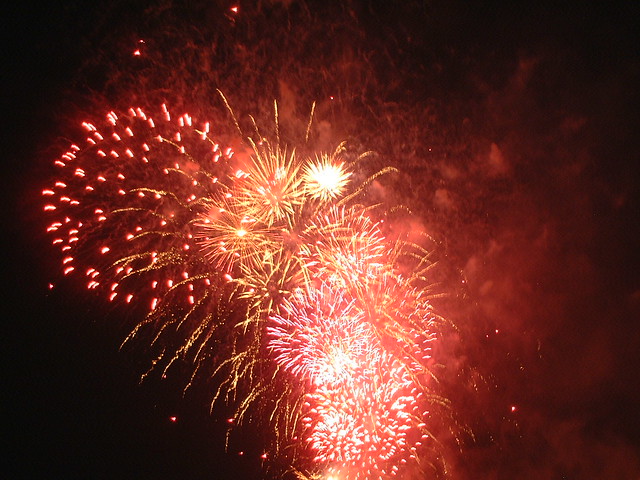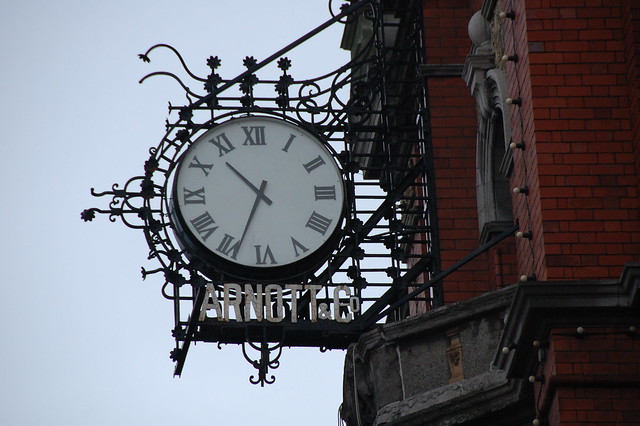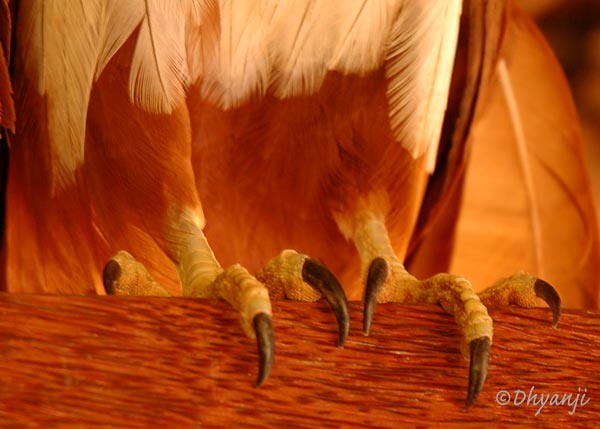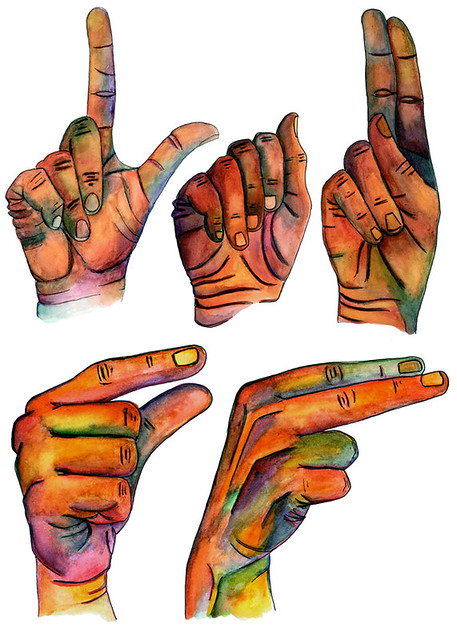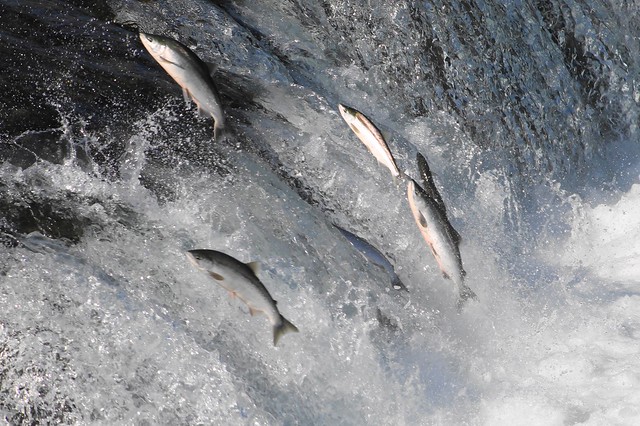Words for day and related things in Celtic languages.

| Proto-Celtic | *dīyos = day *gdijes = yesterday *noxt-yēr- = yesterday evening, last night *se-diwos = today *sindai noxtē = tonight |
|---|---|
| Old Irish (Goídelc) | día [dʲiːa̯] = day indé = yesterday irráir [əˈɾʲeːɾʲ] = yesterday evening, last night indiu = today innocht = tonight i mbárach = tomorrow |
| Middle Irish (Gaoidhealg) | día = day indé = yesterday irráir = the time before dawn, last night indiu = today, the present time innocht = tonight i mbárach = tomorrow |
| Irish (Gaeilge) | dia [dʲiə] = day arú inné = the day before yesterday inné [əˈn̠ʲeː] = yesterday aréir [əˈɾʲeːɾʲ] = yesterday evening, last night inniu [əˈn̠ʲʊ / ɪˈn̠ʲʊv] = today anocht [əˈn̪ˠɔxt̪ˠ] = tonight amárach [əˈmˠaːɾˠəx] = tomorrow arú amárach = the day after tomorrow |
| Scottish Gaelic (Gàidhlig) | dia [dʲiə] = day a’ bhòin-dè [əˈvoːn̪ʲdʲe] = the day before yesterday an-dè [ən̠ʲ’dʲeː] = yesterday a-raoir [əˈrɤirʲ] = yesterday evening, last night an-diugh [əɲˈdʲu] = today a-nochd [əˈn̪ˠɔ̃xg] = tonight a-màireach [əˈmaːrʲəx] = tomorrow an-earar [ən̪ʲˈɛrər] = the day after tomorrow |
| Manx (Gaelg) | je/jy = day arroo y jea = the day before yesterday jea = yesterday riyr = yesterday evening, last night jiu = today, nowadays noght = tonight mairagh = tomorrow moghrey (ny) mairagh = tomorrow morning oie ny vairagh = tomorrow night n(h)uyr, laa ny nuyr = the day after tomorrow |
| Proto-Brythonic | *dið = day, daytime *hanoɨθ = tonight |
| Old Welsh | did = day heddiw = today henoid = tonight yfory = tomorrow trennid = (on) the day after tomorrow, in two days time |
| Middle Welsh (Kymraec) | dit, dyd = day echtoe, echdoe = the day before yesterday doe, does = yesterday neithuir, neithwyr, neithiwyr, naithwyr = yesterday evening, last night heddiw, hediw, hetiv = today heno = tonight auory, a vory, y uory, yfory = tomorrow drenyd, trenhyd, drennydd = (on) the day after tomorrow, in two days time trannoeth, dranoeth = (on) the following day, three days hence |
| Welsh (Cymraeg) | dydd [dɨːð / diːð] = day, time of daylight, light echdoe = the day before yesterday echnos = the night before last ddoe [ðoːɨ̯ / ðɔi̯] = yesterday neithiwr [ˈnei̯θjʊr / ˈnei̯θjʊr] = yesterday evening, last night heddiw [ˈhɛðɪu̯ / ˈheːðɪu̯] = today heno [ˈhɛnɔ / ˈheːnɔ] = tonight yfory [əˈvɔrɨ / əˈvoːri] = tomorrow trennydd = (on) the day after tomorrow, in two days time ail trannoeth, ail drannoeth = the day after tomorrow trannoeth = (on) the following day, three days hence |
| Old Cornish | det = day doy = yesterday hetheu = today aurorou = tomorrow |
| Middle Cornish (Cernewec) | dydh, dedh = day de = yesterday neiheur, neheur = yesterday evening, last night hedhyw, hydhew, hithu, hithou, hithyou = today haneth = tonight avorow [əˈvɔɾoʊ] = tomorrow trenja = the day after tomorrow |
| Cornish (Kernewek) | dydh [diːð] = day dygynsete = the day before yesterday de = yesterday de vyttin = yesterday morning nyhewer = yesterday evening, last night hedhyw = today haneth = tonight a-vorow [əˈvɔɾoʊ] = tomorrow trenja = the day after tomorrow |
| Midlde Breton (Brezonec) | deiz, dez = day dec’hm dech, déh = yesterday neizheur, neizhour, neyzor, neizour / dec’h da noz, deac’h da noz, déh de noz = yesterday evening, last night hiziv, hidiv, hiniv, hyzium hyziou = today fenozh, fennos, fenoz, fin-noz = tonight (w)arc’hoazh, oarhoaz, varc’hoaz, warc’hoâ [war.ˈɣwɑːs] = tomorrow antronoz all = the day after tomorrow |
| Breton (Brezhoneg) | deiz [ˈdɛj / ˈdɛjs / ˈdeː] = day dec’h = yesterday neizheur / dec’h da noz = yesterday evening, last night hiziv = today henoazh = tonight (w)arc’hoazh [war.ˈɣwɑːs] = tomorrow eil tronoz = the day after tomorrow |
Etymology (day): from the Proto-Indo-European *dyew- (to be bright, sky, heaven) [source].
Etymology (tomorrow): from the Proto-Celtic bāregos (morning), either from *bā-rigos (cow-tying), or from the Proto-Indo-European *bʰeh₂-h₃reǵos (light-extending) [source].
| Proto-Celtic | *latyom = day |
|---|---|
| Old Irish (Goídelc) | lá [l̪ˠaː], laithe = day |
| Middle Irish (Gaoidhealg) | lá = day |
| Irish (Gaeilge) | lá [l̪ˠɑː / l̪ˠæː] = day, daytime; current time; lifetime; point of time lá breithe = birthday lá saoire = holiday an meán lae = midday, noon |
| Scottish Gaelic (Gàidhlig) | latha [l̠ˠa.a] = day an latha an-diugh = the present day, contemporary beul an latha = early morning briseadh an latha = daybreak, dawn ceann-là = date (in calendar), closing date, deadline co-là-breith = birthday là-breith = nativity, date of birth, birthday latha-saor, saor-là = holiday, vacation leabhar-latha = diary, journal meadhan-latha = midday, noon |
| Manx (Gaelg) | laa [leː / laː] = day, daytime brishey laa = dawn laa bleeaney = anniversary laa jerinagh = deadline laa ruggyr(ee) = birthday laa seyr = day off, holiday lioar laa = diary, journal |
Etymology from the Proto-Indo-European *leh₁t- (warm part of the year) [source].
Words marked with a * are reconstructions.
The names of the months (and days and seasons) in Celtic languages
Sources: Wiktionary, Am Faclair Beag, Online Manx Dictionary, Teanglann.ie, eDIL – Electronic Dictionary of the Irish Language, In Dúil Bélrai English – Old Irish glossary, Geiriadur Prifysgol Cymru, Gerlyver Kernewek, Gerlyvyr Cernewec, Dictionaire Favereau, TermOfis, Le dictionnaire diachronique du breton, Geriafurch, English – ProtoCeltic WordList (PDF), Etymological Dictionary Of Proto Celtic

